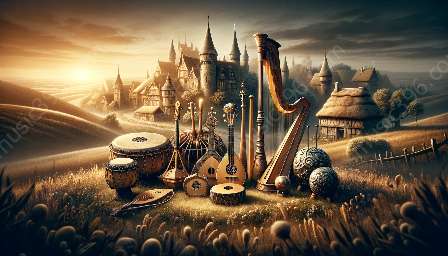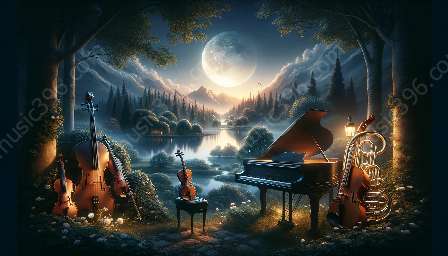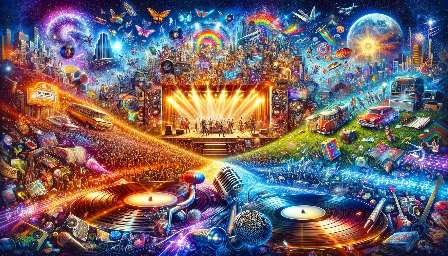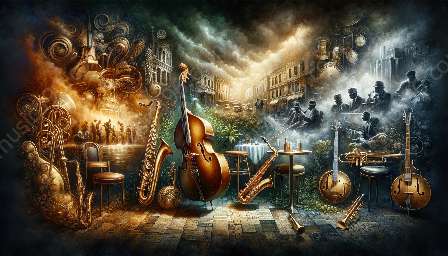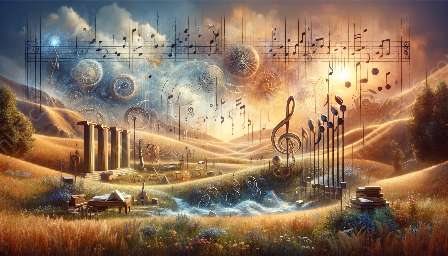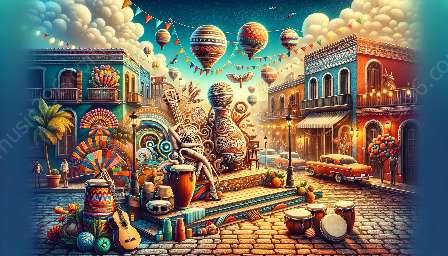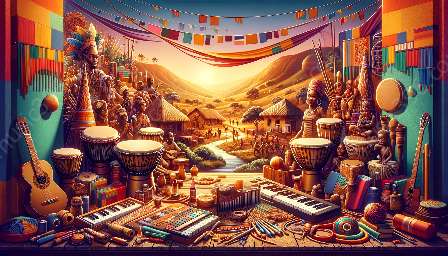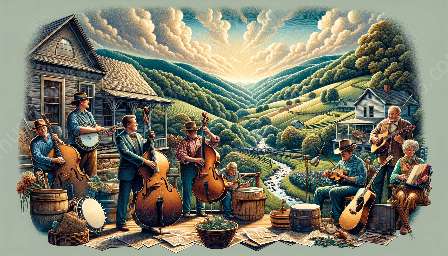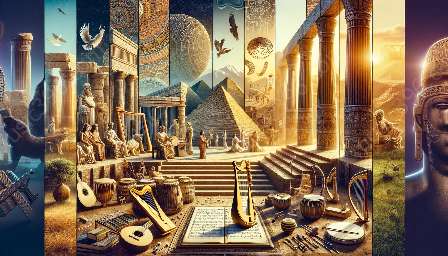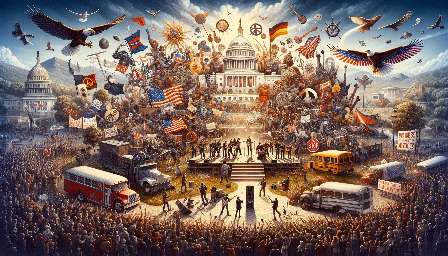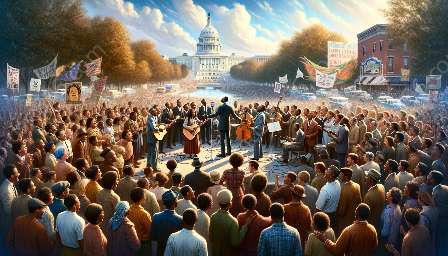Indian classical music has a rich tradition that dates back thousands of years and continues to be a vibrant and influential art form today. Over the centuries, it has engaged with contemporary issues, reflecting the social, cultural, and political landscape of India. This engagement has not only shaped the music itself but has also had a profound impact on the broader history of music.
History of Indian Classical Music
The history of Indian classical music can be traced back to ancient scriptures such as the Vedas, which mention musical concepts and instruments. The system of ragas and talas, which form the foundational framework of Indian classical music, has evolved over centuries, influenced by various dynasties, religions, and cultural exchanges.
During the medieval period, Indian classical music underwent significant developments, with the emergence of distinct gharanas (schools) and the patronage of rulers and aristocrats. The colonial era and subsequent independence brought new challenges and opportunities for Indian classical music, leading to its adaptation to modern contexts.
Engagement with Contemporary Issues
Indian classical music has continually engaged with contemporary issues, reflecting the changing dynamics of society. One of the key ways it does so is through lyrical content, as many compositions address themes such as love, nature, spirituality, and social justice. In addition to lyrical expression, the music itself reflects contemporary issues through improvisation and reinterpretation of traditional compositions.
The engagement of Indian classical music with contemporary issues extends beyond its artistic expression. In modern times, many classical musicians have used their platform to advocate for social and political causes, leveraging the power of music to raise awareness and inspire change. Issues such as gender equality, environmental conservation, and cultural preservation have been championed through concerts, collaborations, and educational initiatives.
Relevance in the Broader History of Music
The influence of Indian classical music on the broader history of music is profound and far-reaching. Its melodic intricacies, rhythmic complexities, and improvisational nature have inspired musicians and composers across genres and continents. From the incorporation of Indian musical elements in Western classical compositions to the fusion of Indian classical music with jazz, rock, and electronic music, its impact has been truly global.
Moreover, the philosophical and spiritual underpinnings of Indian classical music have contributed to the evolution of musical thought worldwide. Concepts such as rasa (emotional essence) and the symbiotic relationship between music and spirituality have transcended cultural boundaries, shaping the way music is understood and appreciated.
Cultural and Social Impact
Indian classical music has left an indelible mark on cultural and social landscapes, both in India and abroad. Its performances serve as platforms for cross-cultural dialogue and understanding, fostering appreciation for diverse artistic traditions. Furthermore, the training and preservation of Indian classical music have become emblematic of safeguarding intangible cultural heritage in an increasingly globalized world.
From the royal courts of ancient India to the concert halls of contemporary metropolises, Indian classical music continues to engage with contemporary issues, serving as a testament to its enduring relevance and adaptability. Its ability to resonate with the human experience, transcending temporal and geographical boundaries, reaffirms its status as a cornerstone of the history of music.



